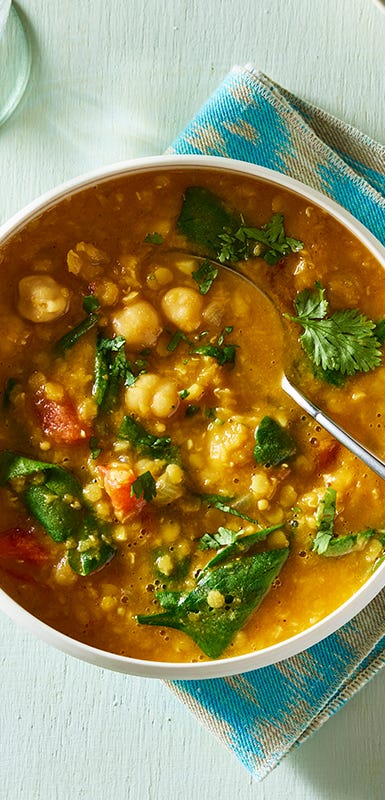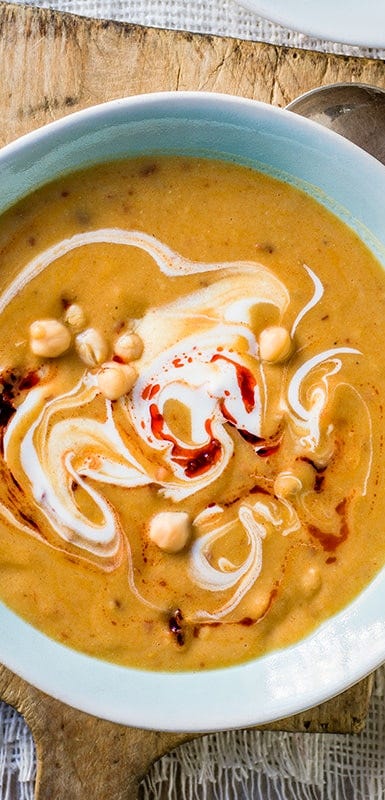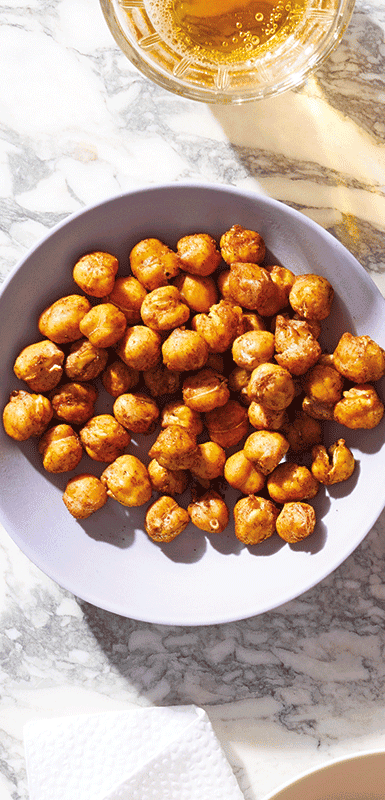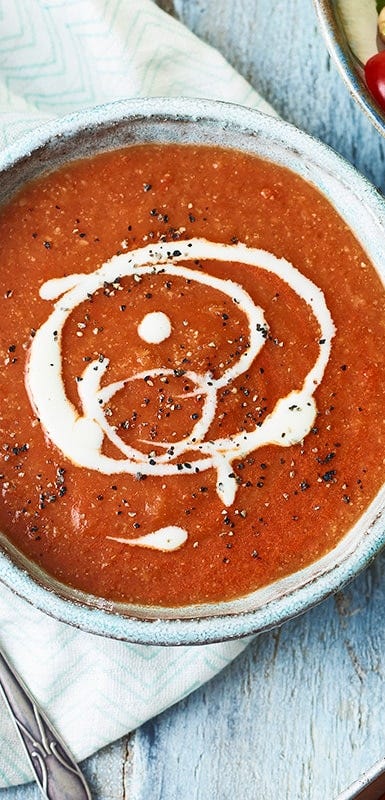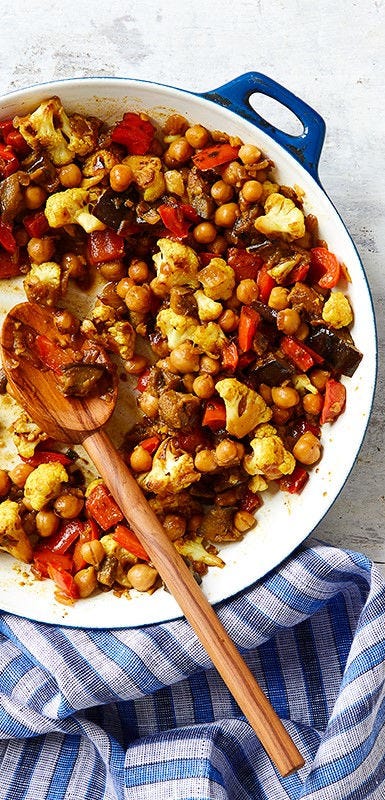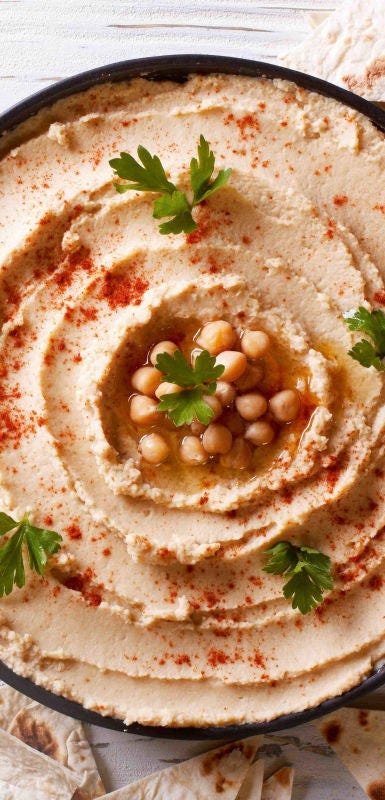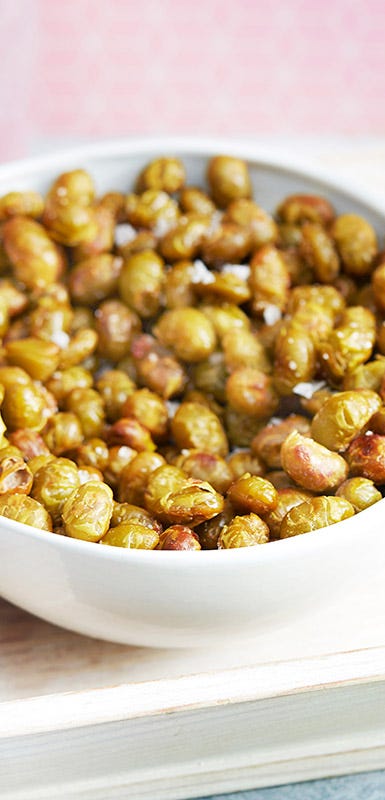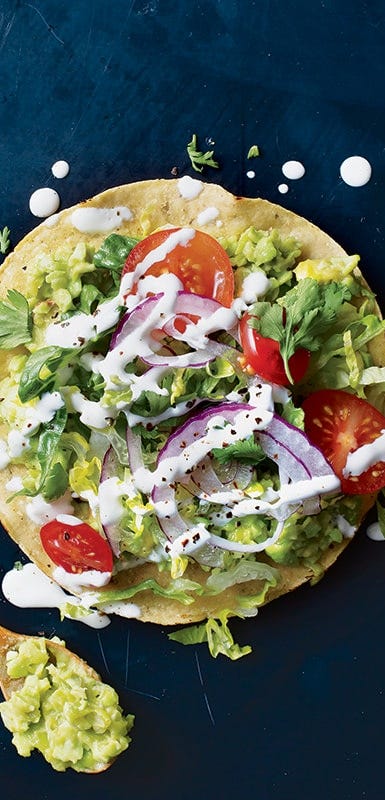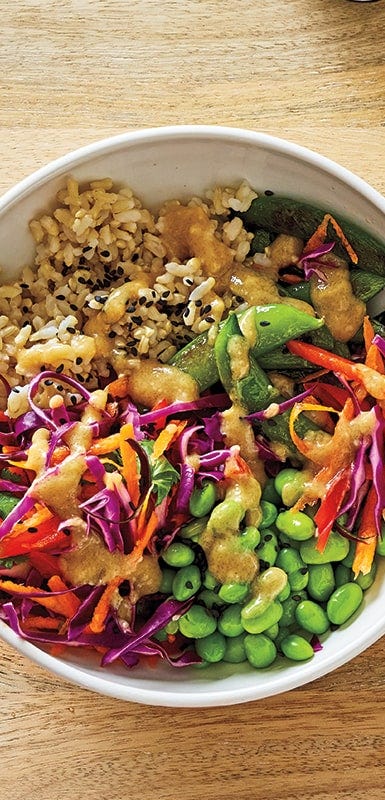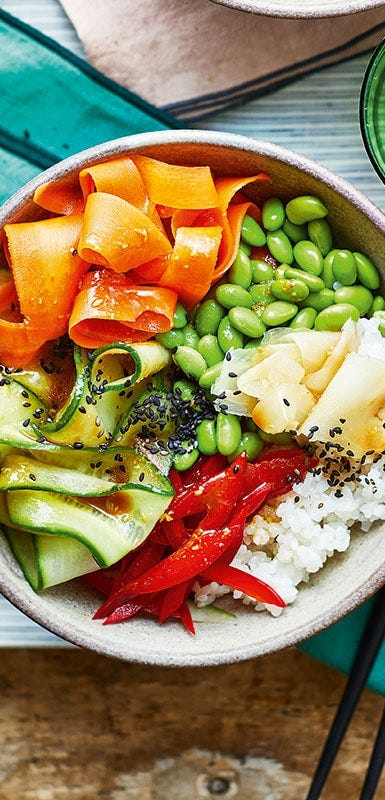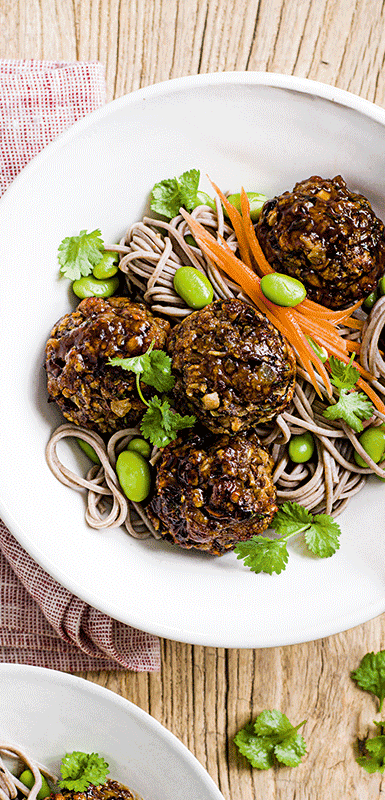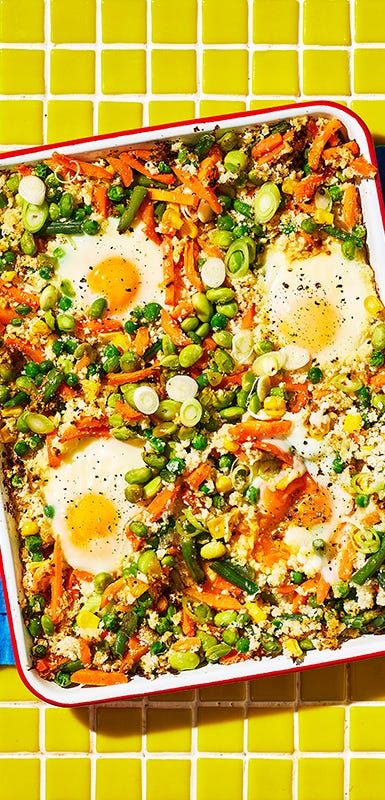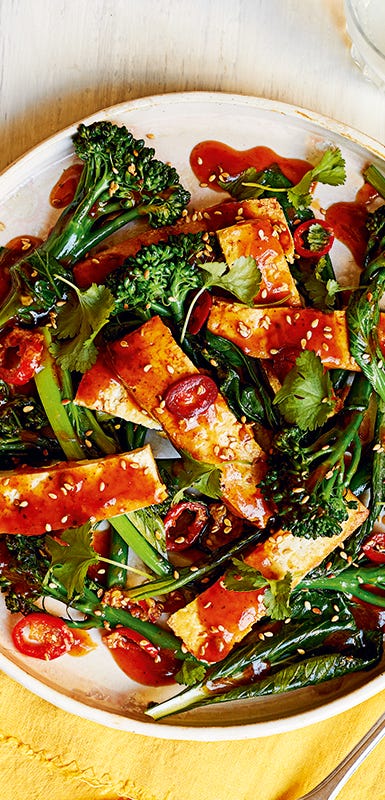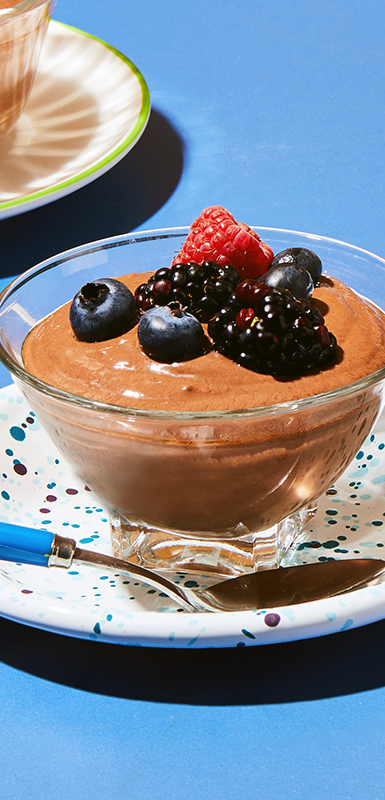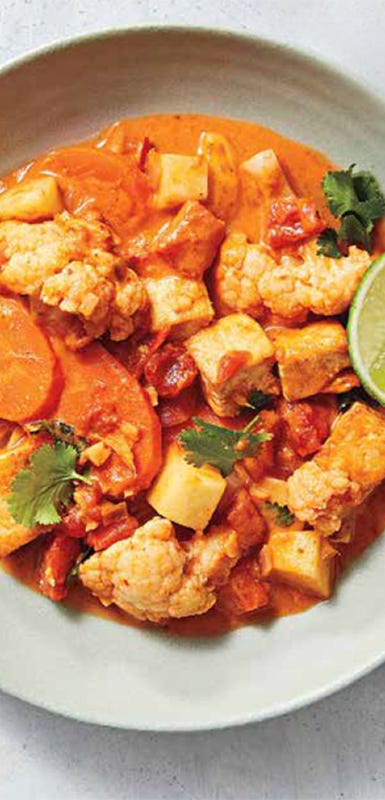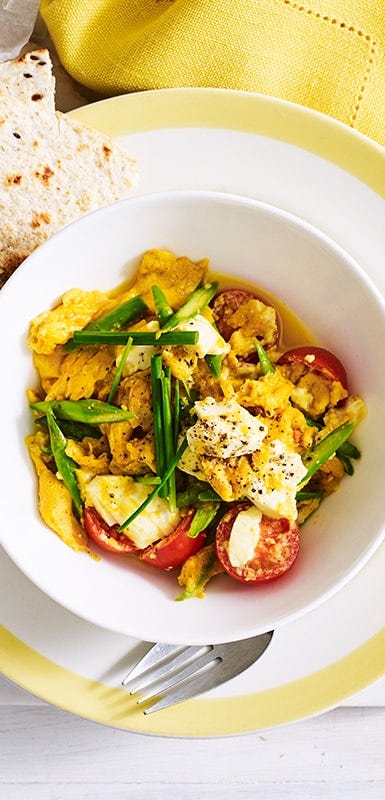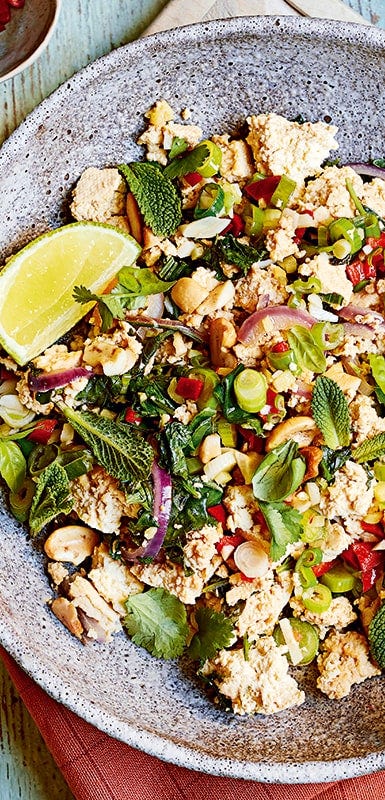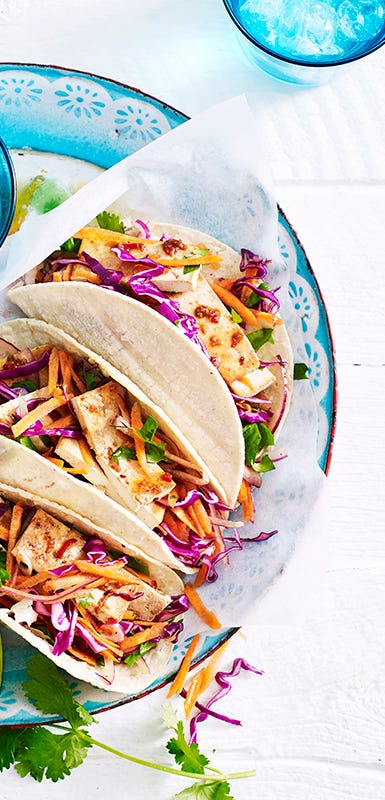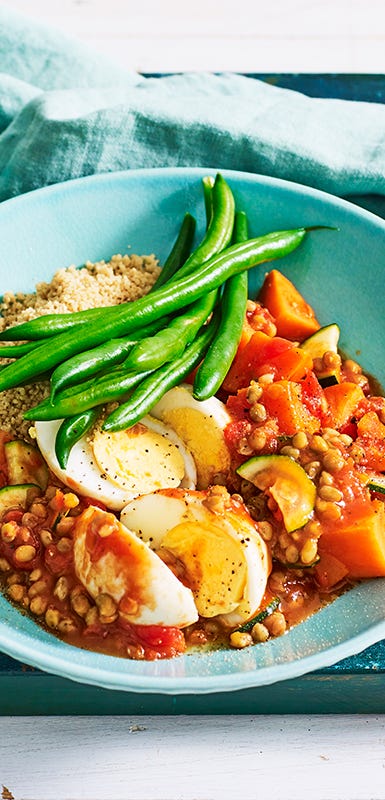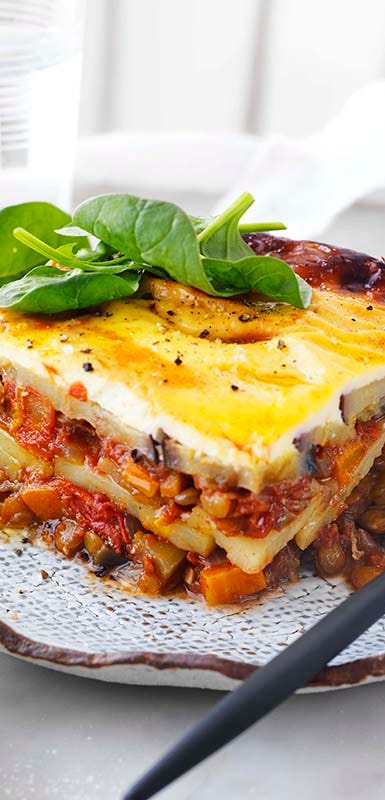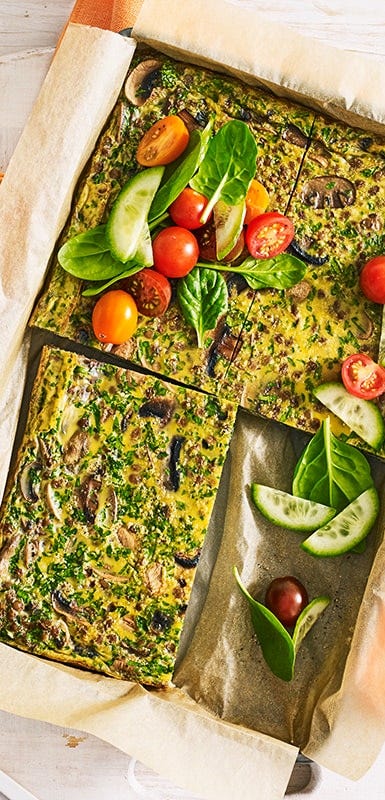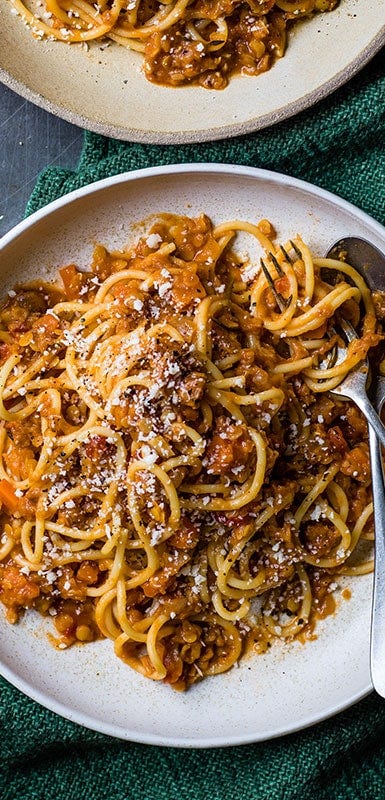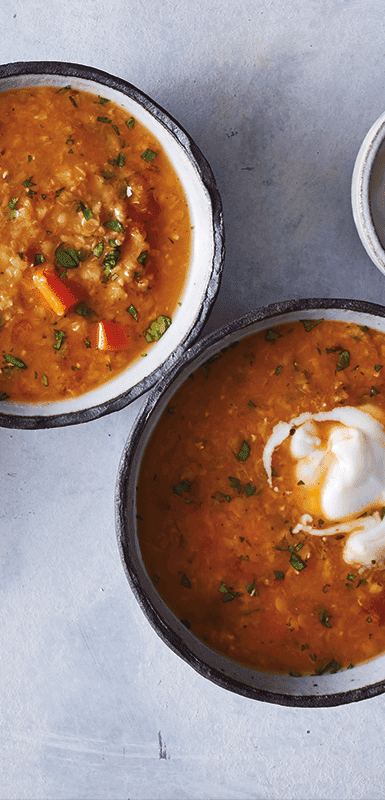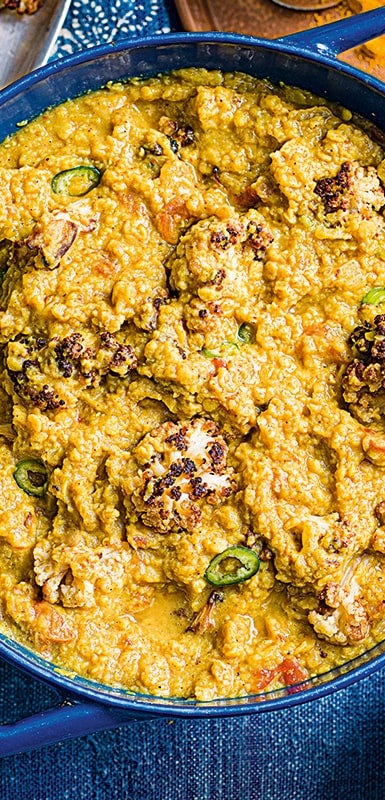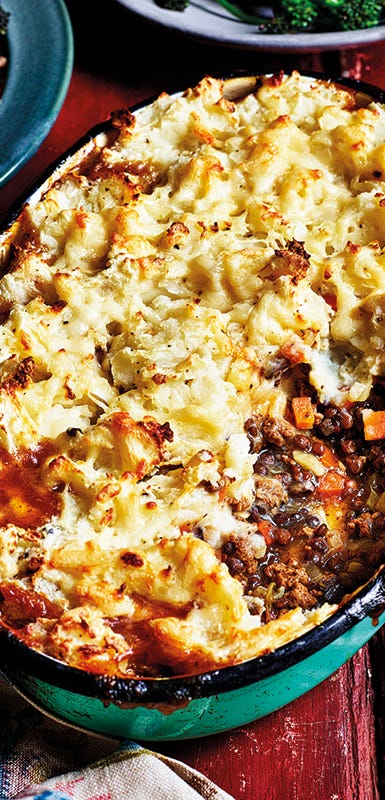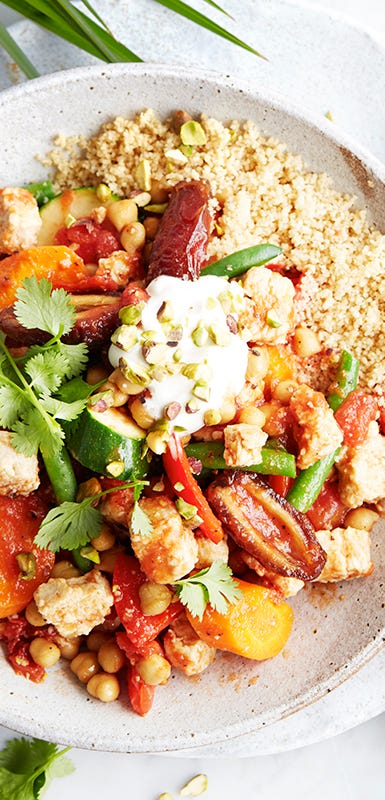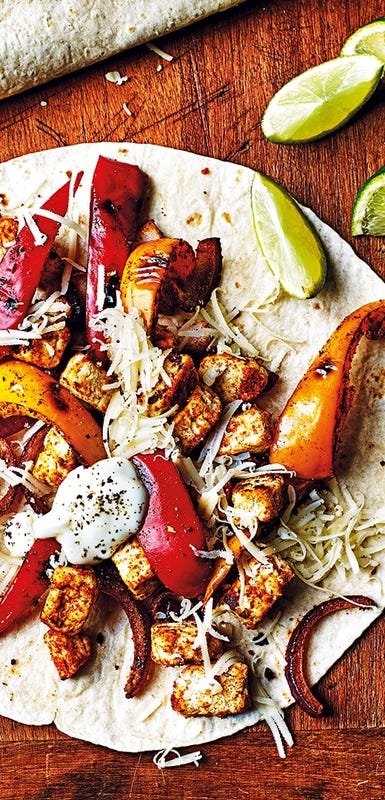Vegetarian plant based protein sources
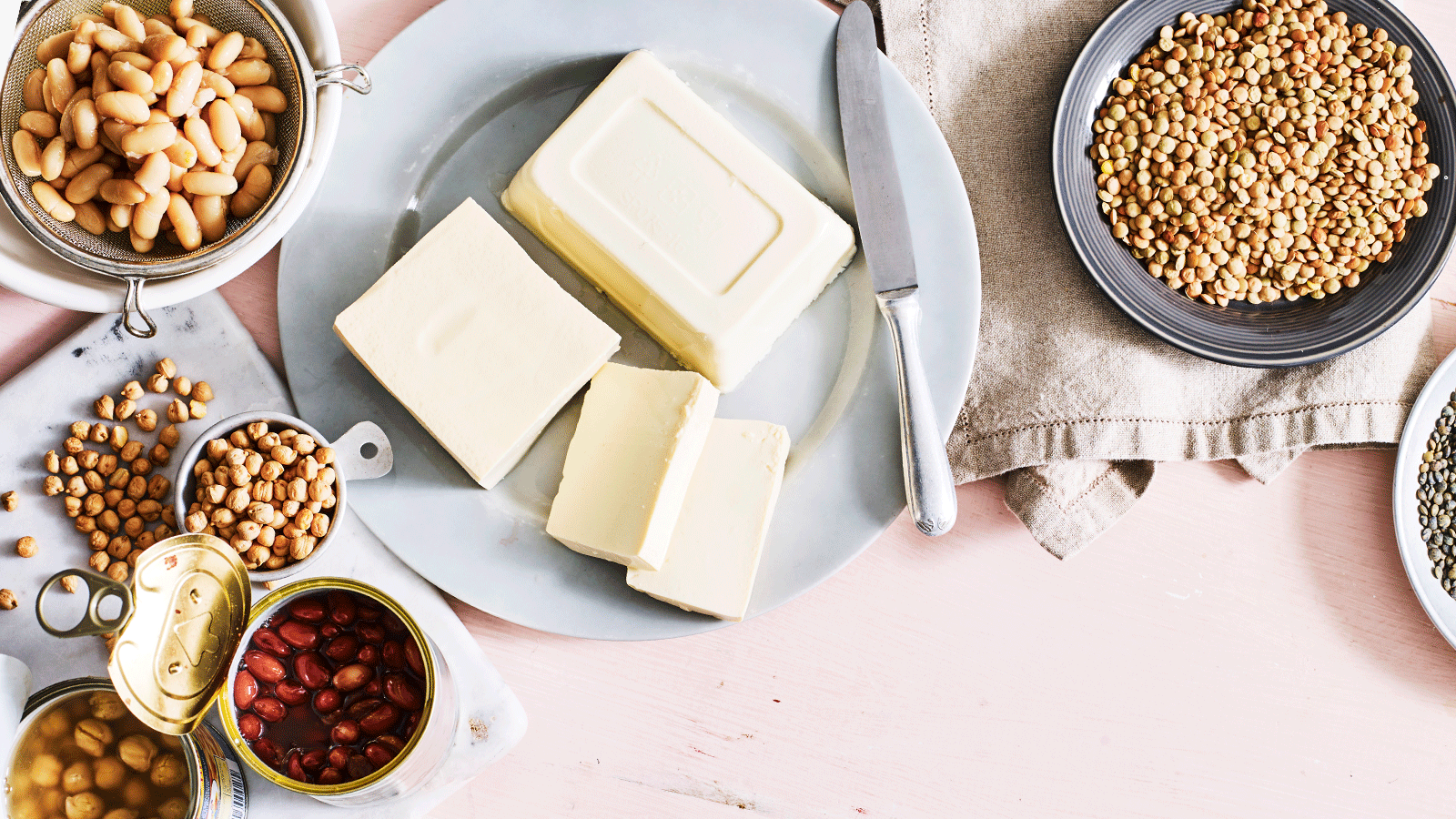

Plant based protein sources
When looking for a protein source, many people might opt to put meat on their plate. While most meats are indeed high in nutrients, putting some plant protein on the menu can also be a great way to create a well-balanced meal—especially if you’d like to increase your veg intake or if you’re one of the 2.25 million Australians currently living a meat-free vegetarian diet. Meat is a good source of protein but it’s not the only option. Legumes including lentils, kidney beans, and chickpeas, soy products, grains, nuts, and seeds are also sources of protein, as well as fibre and minerals. Protein is an essential nutrient for the human body. It helps to repair cells and tissue, it builds enzymes needed for important hormones, and it acts as a building block for our muscles, skin, cartilage, and blood.
Chickpeas
Chickpeas, part of the legume family, have a mild flavour and firm texture that invites home cooks to get creative with seasonings and cooking styles. Not only are they a great source of plant-based protein, with a single cup of cooked chickpeas containing over 15 grams of protein, but they also have a wide variety of culinary uses. Here are some recipes you can try with chickpeas:
- Grain salads: Chickpeas can add plenty of protein to any grain salad, whether you're using quinoa, farro, or bulgur. These salads take on robust flavours, particularly those inspired by Middle Eastern, Mediterranean, and Italian cuisine.
- Vegetable soups: Freshly boiled or canned chickpeas make a great addition to minestrone, cabbage, and other broth-based soups. If using dried chickpeas, ensure that you have plenty of extra liquid; chickpeas need to be cooked for an hour and a half to two hours.
- Roasted chickpeas: Roasted chickpeas make a crunchy snack that can be enjoyed any time of the day. You can roast your own using your favourite herb and spice blend, or buy them pre-roasted. Not only are roasted chickpeas highly nutritious, but they can also be used instead of traditional croutons in soups and salads.
Edamame
So much more than a tasty snack, pre-shelled edamame beans contain a whopping 23 grams of protein per cup. Edamame are young soybeans that can be found either in the pod or shelled (peeling apart un-shelled edamame is a highly satisfying activity, similar to breaking apart pistachios in the shell.) Try adding cooked and shelled edamame to:
- Grain bowls: Shelled edamame adds protein, flavour, and a beautiful green colour to any grain bowl. Steam in the microwave or over the stove top and add the cooked edamame to Asian-inspired protein-rich grain bowls.
- Stir-fries: Pre-cooked edamame can be added to stir-fries towards the end of the cooking process. Edamame can take on brightly flavoured marinades, spices, and sauces and are equally at home in vegetarian or meat-based recipes.
- Edamame-hummus dip: Add cooked edamame to homemade or store-bought hummus, giving the dip a quick blitz in the food processor or blender before serving. Top the beautifully green dip with a drizzle of olive oil and plenty of chopped fresh herbs.
Tofu
Are you hesitant to cook tofu in your own kitchen? Don’t be! Tofu is much easier to cook than you may think and it’s certainly more forgiving than meat, fish, and poultry. Plus, one 150 gram serving of firm tofu contains more than 12 grams of protein and is low in saturated fat. If you’re learning how to prepare tofu it’s easiest to begin with the baking method; all you need to do is slice the tofu into slabs, add it to a rimmed baking dish and cover with a marinade (such as soy-ginger or Italian-inspired herbs and garlic) and then bake in a hot oven for 20-45 minutes (depending on how chewy you like your tofu). Try tofu in:
- Baked tofu: Add baked firm or extra-firm tofu to stir-fries, curries and salads. Try batch-cooking baked firm tofu at the beginning of the week and adding to recipes as needed.
- Scrambled tofu: Replace all or up to half of the eggs with crumbled firm tofu next time you make scrambled eggs. In search of that golden sunny egg colour? Add a generous pinch of turmeric to the scrambled tofu.
Lentils
Although lentils might seem like an innocuous ingredient, a single cup of boiled lentils contain more than 18 grams of protein! Puy, green, and brown lentils can be used in many different recipes; particularly soups, salads, and pasta dishes:
- Canned lentils: Canned lentils are a simple way to add plenty of protein and fibre to many different types of recipes. Simply drain, rinse and stir into soups, stews, and pasta sauces.
- Minced meat: Minced meat, the kind used for hamburgers and shepherd’s pie, can be partially substituted with lentils for at least half the meat that a recipe calls for.
Plant-based meat
Companies such as Quorn have introduced plant-based meats made to look, cook, and taste like the real deal. Protein amounts vary by product, but in general you can expect to get 11–20 g per serving thanks to ingredients derived from peas, mung beans, fava beans, and brown rice. Plant-based meats can also be a source of fibre.
Head to the meat or frozen section of your supermarket and you’ll find plant-based meat in familiar forms such as patties, sausages, and 'mince'. Here are three ideas for incorporating plant-based meat into your diet:
- Burgers: Plant-based burgers are an excellent alternative to traditional beef burgers. They are easy to cook and have a similar texture and taste. You can add toppings like lettuce, tomato, and avocado to make a delicious and satisfying meal.
- Tacos: Plant-based meat is perfect for tacos. You can use it as a filling for your tacos and add toppings like salsa, guacamole, and cheese. This is a great way to get a protein-packed meal.
- Stir-fry: Plant-based meat is also great for stir-fries. You can add it to your favourite vegetables and stir-fry them together with some soy sauce and spices. This is a quick and easy meal that is perfect for busy weeknights.
Plant-based meat recipes
The amount of protein you need in your diet depends on your weight. As a rough guide, the recommended dietary intake for protein is 0.75g/kg for adult women, 0.84g/kg for adult men and around 1g/kg for pregnant and breastfeeding women, and for men and women over 70 years.

